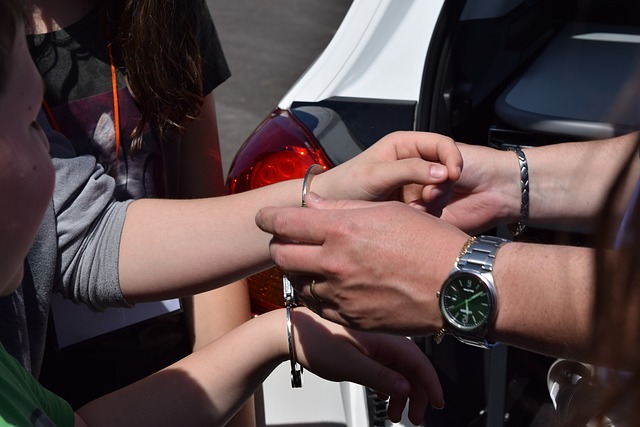Pennsylvania governor Tom Wolf thinks the state needs to decriminalize possession of small amounts of cannabis in a “systematic fashion.” He said that the state as a whole needs to get on board with the procedures of some PA municipalities that have stopped arresting citizens for possessing small amounts, because too many people are still going to prison for marijuana possession that’s filling up prisons and tearing families apart.
“Too many people are going to prison because of the use of very modest amounts or carrying modest amounts of marijuana, and that is clogging up our prisons, it’s destroying families, and it’s hurting our economy,” Governor Wolf said in an interview with Scott Lamaor of the program “Small Talk” on WITF.
“I think in a lot of local municipalities, decriminalization has already taken place,” Wolf continues in the interview. “I think we need to do that in a more systematic fashion.”
Wolf and LaMar also discussed the opioid crisis that exists in Pennsylvania and many other states and how cannabis could be alternative to opioid prescription drugs. Many heroin users initially develop their addiction by taking opioid such as OxyContin.
According to Pennsylvania Uniform Crime Reporting statistics, simple possession arrests were down 15 percent in the state in 2015. One of the main reasons for this drop in arrests was likely the decriminalization policy in Philadelphia. Cannabis arrests by Philadelphia police went from 4,374 in 2013 to 784 in 2015, which is an 82 percent decrease. Pennsylvania as a whole saw a new low of 17,525 arrests in 2015. This is great progress and marks the first significant reduction of such arrests in the last decade.
Despite some states making progress when it comes to legalization, cannabis arrests still make up more than half of all drug arrests in the U.S., according to the ACLU in 2011, 88% of all cannabis arrests were made for simple possession.
“I think we can watch and see what happens in Colorado, Washington and Oregon,” Wolf said. “I think we have to wait and see.
This is not the first time that Governor Wolf has said that he supports the concept of statewide decriminalization. In April of this year, Governor Wolf signed legislation legalizing a medical cannabis program in the Keystone state. Only a handful or so diseases and ailments will be covered under PA’s medical program however, making it one of the most restrictive medical programs in the nation. The State Department of Health said it would take until early 2018 to make medical cannabis available to eligible patients, meaning patients will have to wait at least another year and a half to legally obtain their medication.



